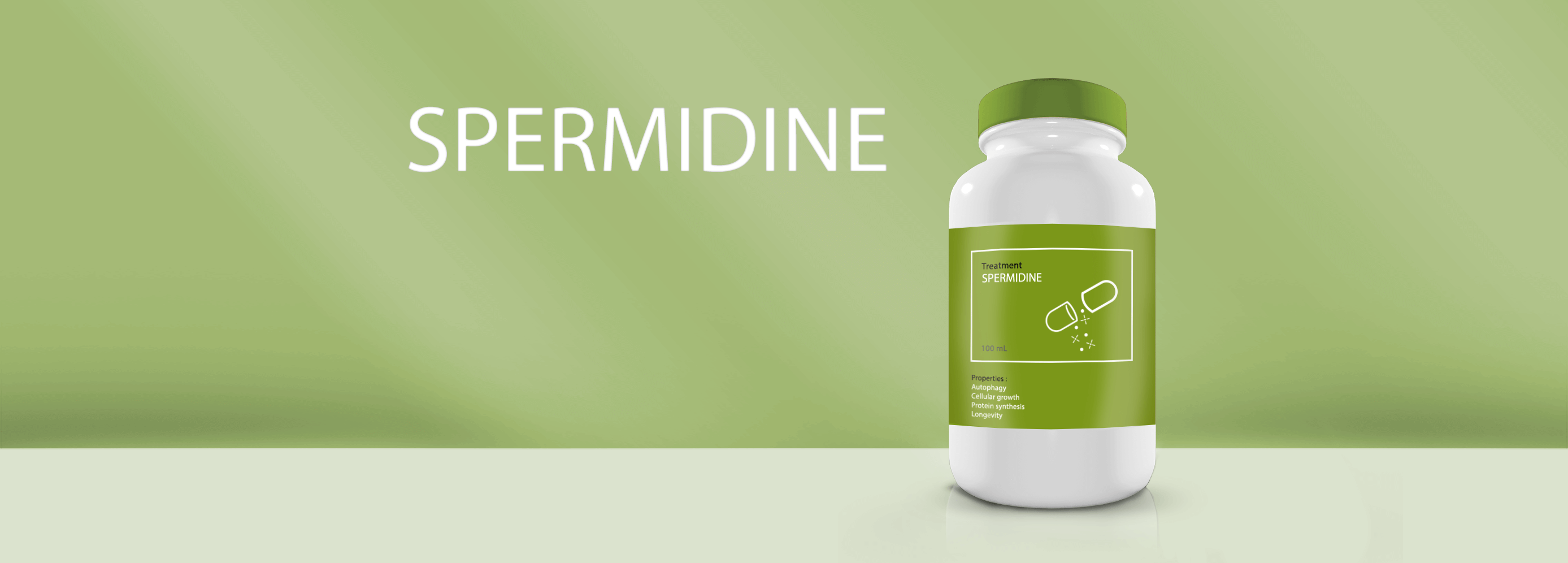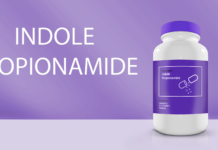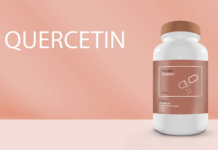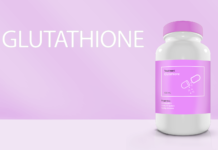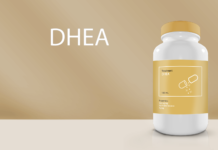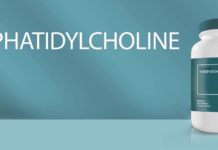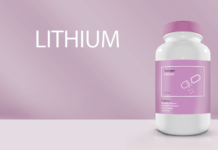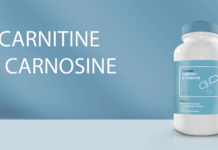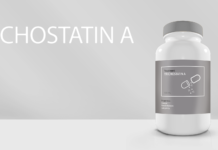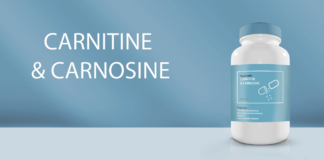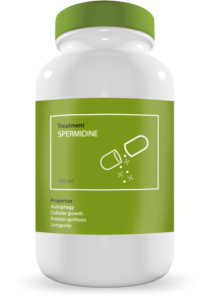
Fact Sheet
Spermidine
Polyamines (polycin, spermidine and spermine) are a family of molecules derived from ornithine and are essential to many central cellular mechanisms, such as cell growth and proliferation, maintenance of genetic stability and autophagy. Initially discovered in semen (hence its name), spermidine is nowadays the subject of studies that demonstrate its interest in combating ageing and increasing life expectancy in yeast, drosophila, nematode and in human cell cultures[1]. Spermidine is the most studied polyamine. It is synthesized from putrescine and serves as a precursor to spermine. But what can be the roles of these molecules with a slightly icky name?!
Cheese to fight against aging?
Polyamines, including spermidine, are found in everyday foods. Good news, there’s plenty in cheese (cantal, county, roquefort, reblochon and brie especially)! It is also found in citrus fruits, grapes, bananas, peas, lentils and beans, spelt flour and whole grain cereals.
A regulator of autophagy
Autophagy is a programmed cell death mechanism that differs from apoptosis. Indeed, apoptosis systematically leads to cell death: it is a process that responds to conditions of stress or suffering and helps to keep as many cells alive as possible through the destruction of certain cells. Autophagy, on the other hand, is a kind of cellular cannibalism: the cell, in response to external signals, will engage a degradation of its own organelles. It is a survival mechanism in the sense that if faulty organelles are eliminated correctly, the cell will be able to continue to live. However, if the altered organelles are too numerous or badly eliminated, the cell will trigger a programmed death. This mechanism is triggered in response to various factors, such as fasting, stress, or certain changes in chromatin.
Aging results from several mechanisms, including complex genetic and epigenetic processes triggered, among other things, by stressful and deleterious events for our cells, resulting in the activation of programmed death. Spermidine, whose intracellular concentration is decreased during aging (and increased in plasma), has a powerful antioxidant role to fight against these processes [2]. In yeast, studies have shown that spermidine can trigger histone diacetylation mechanisms (proteins that maintain the integrity of our DNA) thus reducing oxidative stress and necrosis and regulating autophagy[1,3].
Other key actions
Recent research has shown that spermidine can affect aging and lead to a longer life through other processes, such as inflammation, lipid metabolism and regulation of cell proliferation. Although the action of spermidine on these mechanisms is not yet well known, it appears that it requires regulation of a major signaling pathway, the MAPkinase pathway[4].
- Number of publications: approximately 150
- Availability: over-the-counter precursor, spermidine not currently available on the public market.
- Route: oral
- Dosage: undefined in humans
Cardioprotective effects: in mice, a recent study showed the beneficial cardiac effects of spermidin supplementation in mice. It increased cardiac autophagy, mitophagia and mitochondrial respiration. At the same time, spermidine improved the elastic characteristics of cardiomyocytes (heart muscle cells) while lowering age-related endogenous inflammation[5].
Fighting neurodegenerative diseases: several studies have shown the interest of spermidine in memory deficits[6] and Parkinson’s disease[7].
Currently, most studies on spermidine are conducted on animals. It is important to wait for more advanced results to know the benefits and potential side effects in humans.
[1] Tobias Eisenberg, Heide Knauer et al., Induction of autophagy by spermidine promotes longevity, Nature Cell Biology 2009, 11, 1305–1314
[2] Pucciarelli S, Moreschini et al., Spermidine and spermine are enriched in whole blood of nona/centenarians. Rejuvenation Res. 2012 Dec;15(6):590-5
[3] Rubinsztein DC, Mariño G, Kroemer G. Autophagy and aging., Cell. 2011 Sep 2;146(5):682-95.
[4] Minois N. Molecular basis of the ‘anti-aging’ effect of spermidine and other natural polyamines – a mini-review. Gerontology. 2014;60(4):319-26
[5] Tobias Eisenberg, Mahmoud Abdellatif et al., Cardioprotection and lifespan extension by the natural polyamine spermidine, Nature Medicine 2016, 22, 1428–1438
[6] Sigrist SJ, Carmona-Gutierrez D, Gupta VK, et al. Spermidine-triggered autophagy ameliorates memory during aging. Autophagy. 2014;10(1):178-179
Dr. Marion Tible

Author/Reviewer
Auteure/Relectrice
Marion Tible has a PhD in cellular biology and physiopathology. Formerly a researcher in thematics varying from cardiology to neurodegenerative diseases, she is now part of Long Long Life team and is involved in scientific writing and anti-aging research.
More about the Long Long Life team
Marion Tible est docteur en biologie cellulaire et physiopathologie. Ancienne chercheuse dans des thématiques oscillant de la cardiologie aux maladies neurodégénératives, elle est aujourd’hui impliquée au sein de Long Long Life pour la rédaction scientifique et la recherche contre le vieillissement.
En savoir plus sur l’équipe de Long Long Life


